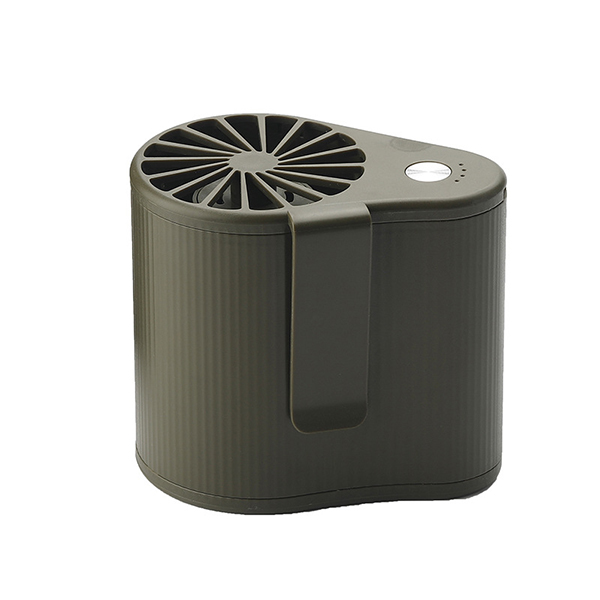We include products we think are useful for our readers. If you buy through links on this page, we may earn a small commission. Here’s our process.
Medical News Today only shows you brands and products that we stand behind. Power Juicer

Home remedies for a dry nose include steam inhalation, using a humidifier, and using nasal sprays or rinses.
The medical term for a sensation of dryness within the nasal passages is rhinitis sicca. It often results from colds or allergies.
When the inside of the nose is dry, it can be uncomfortable and sometimes painful, but a person can usually treat it at home.
A dry nose is generally harmless. However, if left untreated, it can cause more bothersome symptoms, such as:
The following home remedies can help prevent and relieve symptoms dryness inside the nose.
A humid environment helps to keep the nasal passages moist, which relieves nasal congestion and allows the sinuses to drain properly.
Humidifiers can replace the moisture lost due to air conditioning and central heating in homes and offices.
Ideally, a person should clean their humidifier every day to prevent the growth of mold and bacteria, both of which can be harmful to health.
Ideal indoor humidity ranges from 30–50 percent, depending on the room’s temperature.
It is important to note that higher levels of humidity can promote the growth of dust mites and other allergens that may make symptoms worse.
A hygrometer, which is a device that measures relative humidity, can help a person decide if and when to use a humidifier.
People who do not have access to a humidifier can achieve similar results by inhaling the steam from a:
However, the benefits of steam inhalation may only be temporary. To avoid scalding the skin, make sure that the water is not boiling or extremely hot.
Drinking too little water can dry out the body’s tissues, including those within the nasal passages.
In the past, health authorities recommended drinking 8 glasses of water per day.
However, research from 2018 suggests that the best way for a person to stay hydrated is simply to drink whenever they feel thirsty, except when engaging in particularly intensive exercise.
Saline nasal sprays moisten the nasal passages. This helps to improve the flow of mucus and clear out irritants, such as dust, dirt, and pollen before they have a chance to cause inflammation.
Saline nasal sprays are generally mild and are available over the counter at pharmacies. Always read the packaging of these products carefully and be sure to follow the instructions.
Alternatively, a person can make a saline solution at home, using:
To make and use the saline solution (for adults):
Make a new solution and ensure that the spray bottle is clean before each use.
A person can also gently flush the saline solution through the nostrils using a bulb syringe or a device called a neti pot.
This can remove irritants and cleanse the nasal cavity so that it is better able to absorb other medications.
Nasal rinses are available over the counter. Always read the packaging carefully and follow the instructions.
A person can also make a nasal rinse at home:
Be sure to angle the head as described to prevent the solution from running down the back of the throat or into the eyes.
Make a fresh saline solution and make sure the bulb syringe or neti pot is clean before each use.
A dry nose often results from blowing the nose too frequently.
Certain medications, such as nasal decongestants and antihistamines, can also cause or worsen dryness.
Rarely, a persistently dry nose can signal a more serious medical condition, such as:
If the nose is severely or persistently dry, see a doctor.
It is also a good idea to seek medical attention if a dry nose accompanies symptoms such as pain, frequent nosebleeds, or signs of infection.
The home remedies listed in this article are available for purchase online.
Sinus pressure can be a symptom of infection or allergies. Learn more about the home remedies that could help relieve pressure.
Having a stuffy nose can be uncomfortable, but home and over-the-counter remedies can often relieve it. Get some tips on managing nasal congestion…
This article examines a number of simple ways to stop a runny nose that can be tried at home. We also provide tips on how to cope with a runny nose.
Antihistamines, steroids, and decongestants can help treat postnasal drip. Read on to learn more about these treatments, their side effects, and other…

U Shaped Electric Toothbrush Congestion has many possible causes, and treatment includes decongestants, antihistamines, steroid nasal spray, and other drugs. Read more here.